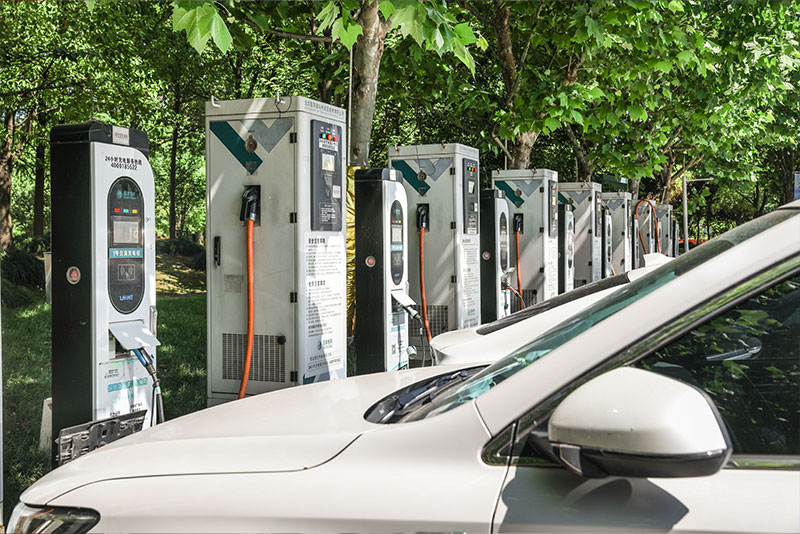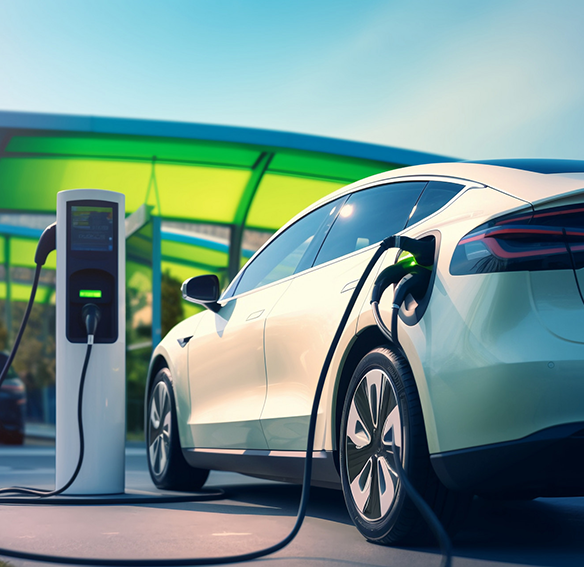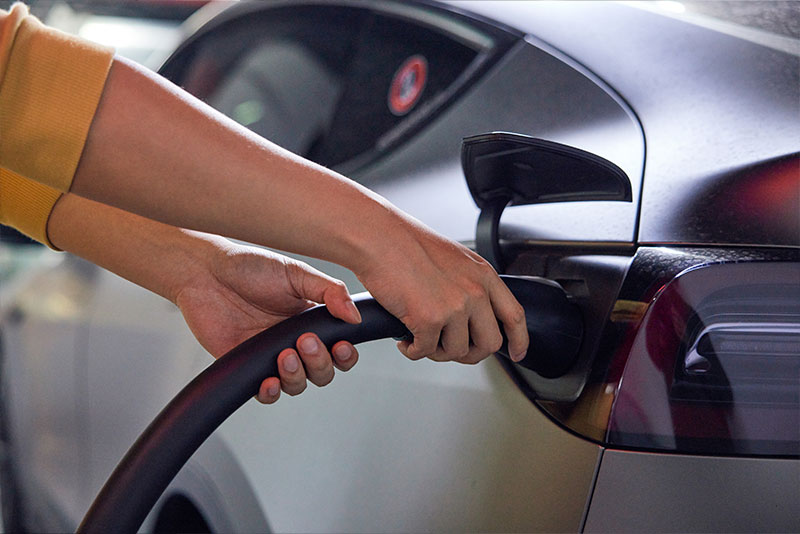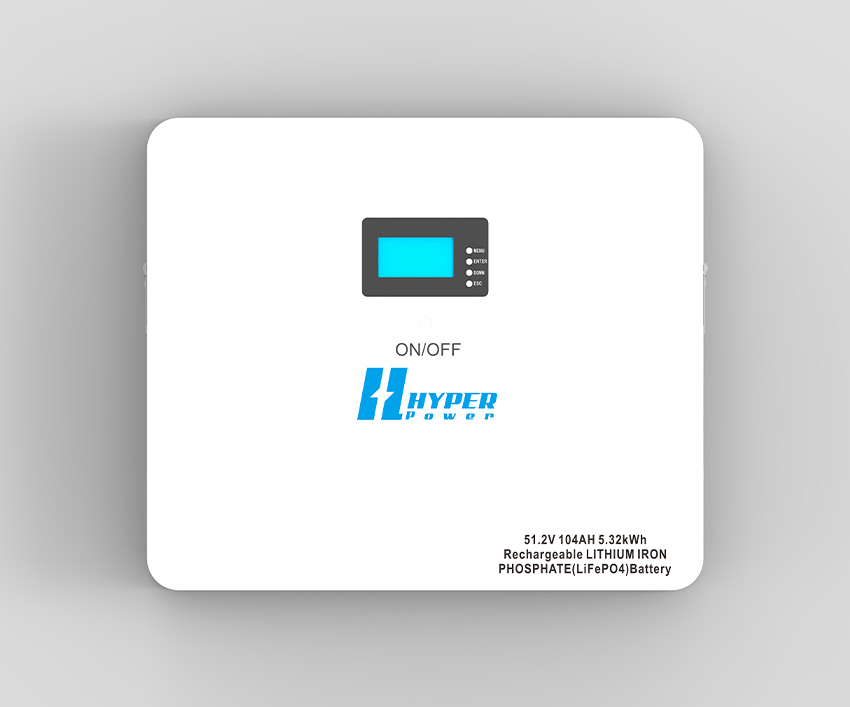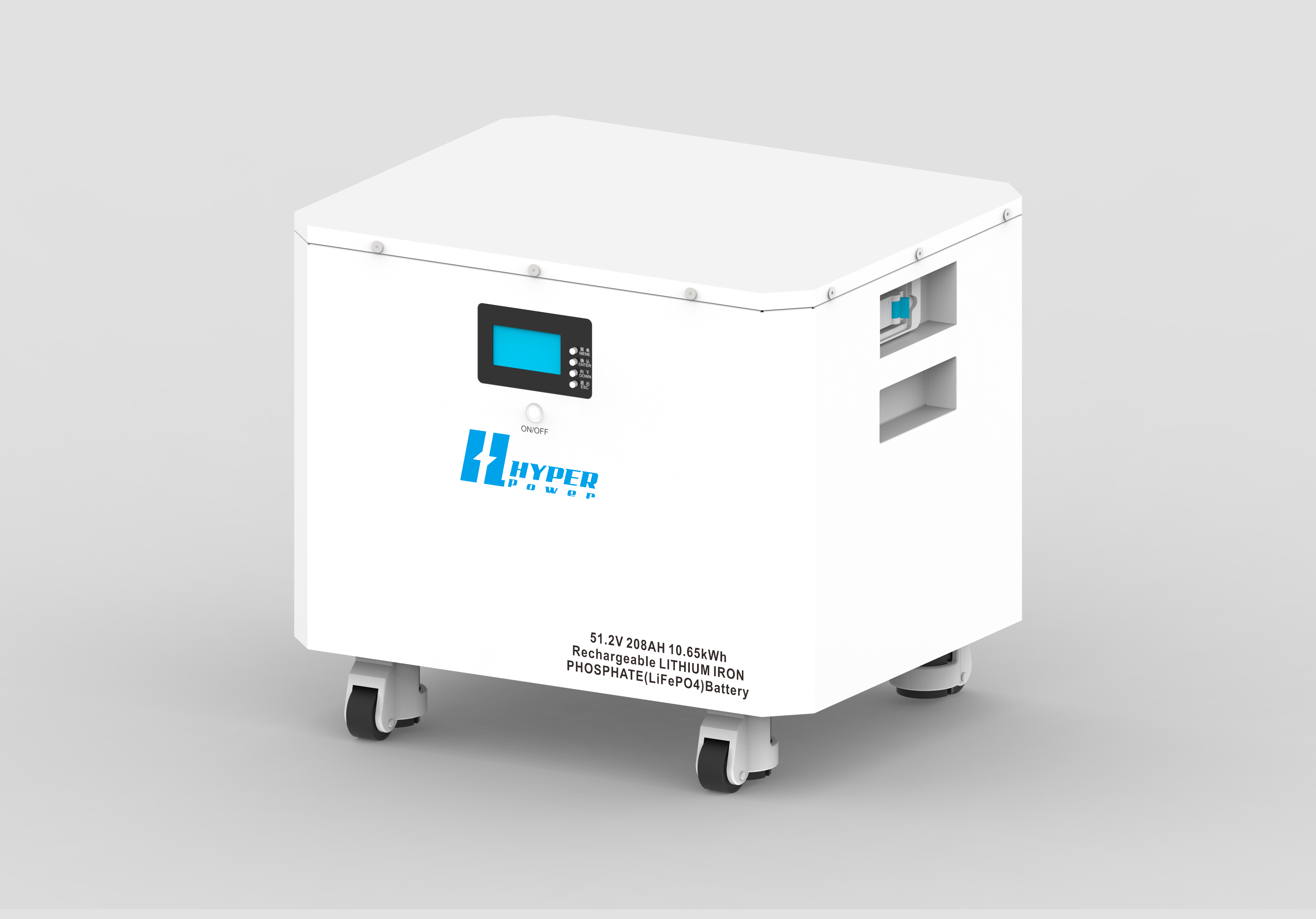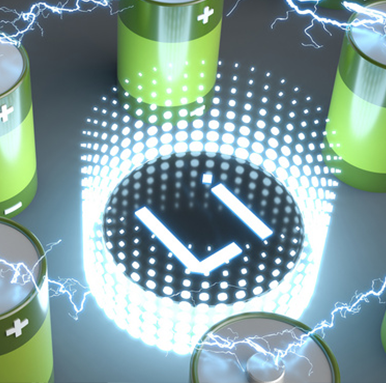A Comprehensive Guide to Lithium Home Batteries
The growing demand for sustainable energy solutions has paved the way for innovative technologies that improve how we store and use electricity. At the forefront of this energy revolution is the lithium home battery—a game-changing product that combines efficiency, longevity, and versatility. Whether you're preparing for power outages, optimizing your renewable energy system, or aiming for greater energy independence, a lithium home battery backup offers a robust and reliable solution.
In this blog, we’ll explore everything you need to know about lithium home batteries, including their benefits, working principles, applications, and how to choose the best backup system for your needs. We’ll also address common questions and provide insights into why these batteries are becoming a staple in modern homes.

What is a Lithium Home Battery?
A lithium home battery is an advanced energy storage device that utilizes lithium-ion technology to store electricity. Unlike traditional batteries, which often rely on older technologies like lead-acid, lithium batteries are lightweight, compact, and incredibly efficient. They can store substantial amounts of electricity and release it when needed, making them ideal for residential use.
Key Characteristics of Lithium Home Batteries:
- High Energy Density: These batteries can store more energy in a smaller size, making them space-efficient for home use.
- Long Lifespan: With thousands of charge cycles, a lithium battery can last for 10-15 years or more.
- Fast Charging: Lithium batteries charge faster than traditional batteries, making them highly efficient.
- Lightweight and Compact: Their smaller size and weight make installation easier and less intrusive.
The Importance of a Lithium Home Battery Backup
Power outages are an inconvenient reality for many homeowners, whether caused by natural disasters, infrastructure issues, or grid overloads. A lithium home battery backup ensures that your home remains powered, even when the grid fails.
Why Backup Power is Essential:
- Uninterrupted Power Supply: Keeps essential systems running, such as lighting, refrigeration, and medical devices.
- Peace of Mind: Reduces the stress of unpredictable outages by providing a reliable energy source.
- Increased Resilience: Protects against power loss during extreme weather events or grid instability.
Benefits of Lithium Home Battery Backup:
- Energy Independence: Reduces reliance on the grid, especially when combined with solar power.
- Cost Savings: Stores energy during off-peak hours for use during expensive peak times.
- Eco-Friendly: Helps integrate renewable energy sources into your home’s energy system.
How Does a Lithium Home Battery Work?
A lithium home battery operates through a sophisticated process of charging, storing, and discharging electricity. Here’s a breakdown:
1.Charging Phase:
- The battery is charged using energy from solar panels, wind turbines, or the electrical grid.
- Advanced charge controllers ensure optimal charging, maximizing efficiency.
2.Storage Phase:
- Lithium-ion technology allows for minimal energy loss during storage.
- The battery stores energy until it is needed, maintaining its charge for extended periods.
3.Discharge Phase:
- When the home requires power—whether due to a blackout or peak energy demand—the battery discharges stored energy efficiently.
- Smart systems regulate the flow of electricity to ensure consistent performance.
Additional Features:
- Battery Management Systems (BMS): Monitor and control the battery’s health, charge, and discharge cycles.
- Thermal Management: Prevents overheating and enhances safety.
Why Choose Lithium Over Other Battery Technologies?
The market offers several types of home batteries, including lead-acid, nickel-cadmium, and lithium-ion. Among these, lithium-ion batteries stand out for their superior performance and versatility.
Key Advantages of Lithium Home Batteries:
1.Energy Density:
Lithium batteries can store more energy per unit of weight or volume, making them ideal for space-constrained environments.
2.Durability:
They can withstand thousands of charge and discharge cycles, providing a lifespan of 10-15 years or more.
3.Efficiency:
With a round-trip efficiency of 90-95%, lithium batteries minimize energy loss during charging and discharging.
4.Low Maintenance:
Unlike lead-acid batteries, lithium batteries do not require regular maintenance, such as water refilling.
5.Eco-Friendliness:
They are less toxic and more recyclable than traditional battery types, reducing their environmental impact.

Applications of Lithium Home Battery Systems
Lithium home batteries are versatile and can be used in various residential applications. Below are some of the most common uses:
1. Renewable Energy Storage:
- Lithium batteries store excess energy generated by solar panels or wind turbines.
- Homeowners can use this stored energy during cloudy days or at night, maximizing the benefits of renewable energy.
2. Emergency Backup Power:
- A lithium home battery backup ensures your home remains powered during outages.
- Critical appliances like refrigerators, medical equipment, and lighting can continue operating without interruption.
3. Load Shifting:
- Homeowners can charge the battery during off-peak hours when electricity rates are lower.
- Stored energy can then be used during peak hours, reducing electricity bills.
4. Off-Grid Living:
- For homes in remote areas without grid access, lithium batteries provide a reliable energy source.
- They enable complete energy independence when paired with renewable energy systems.
Features to Look for in a Lithium Home Battery Backup
When investing in a lithium home battery backup, it’s essential to choose a system that meets your specific needs. Here are some critical features to consider:
1. Capacity and Power Output:
- Capacity (kWh): Determines how much energy the battery can store. For example, a 10 kWh battery can power essential appliances for several hours.
- Power Output (kW): Indicates how much power the battery can deliver at a given time.
2. Depth of Discharge (DoD):
Refers to the percentage of the battery’s capacity that can be used without affecting its lifespan. Lithium batteries often have a DoD of 80-100%.
3. Battery Lifespan:
Measured in charge cycles, a high-quality lithium battery can last over 5,000 cycles, equating to 10-15 years of use.
4. Compatibility:
Ensure the battery integrates seamlessly with your existing energy system, including solar panels and inverters.
5. Smart Features:
Look for advanced features like remote monitoring, energy usage analytics, and app integration for added convenience.
Installing and Maintaining a Lithium Home Battery Backup
Installation Tips:
- Professional Assessment: Consult with a certified technician to evaluate your energy needs and system compatibility.
- Optimal Placement: Install the battery in a dry, cool location to extend its lifespan.
- Safety Considerations: Ensure proper ventilation and follow all manufacturer guidelines.
Maintenance:
- Update the battery management software regularly.
- Inspect cables and connections for wear and tear.
- Monitor the battery’s performance using apps or built-in dashboards.
Cost of Lithium Home Batteries
The cost of a lithium home battery backup varies depending on its capacity, brand, and additional features. Typically, prices range from $5,000 to $15,000, including installation. While the initial investment may seem significant, the long-term savings on energy bills and the peace of mind provided by reliable backup power make it a worthwhile expense.
Government Incentives and Rebates
Many governments offer incentives to promote renewable energy adoption. Homeowners can take advantage of tax credits, rebates, and subsidies to reduce the upfront cost of their lithium home battery system. Be sure to research local programs in your area.
Frequently Asked Questions (FAQs)
1. How long can a lithium home battery backup power my house?
The duration depends on the battery’s capacity and your home’s energy consumption. For instance, a 10 kWh battery can power essential appliances for 10-12 hours during an outage.
2. Can I use a lithium home battery without solar panels?
Yes, these batteries can store energy from the grid and provide backup power when needed.
3. Are lithium home batteries safe?
Lithium batteries are equipped with advanced safety features like thermal management systems, making them highly reliable and safe for residential use.
4. What happens to the battery after its lifespan ends?
Lithium-ion batteries can be recycled to recover valuable materials, reducing their environmental impact.
Conclusion: Is a Lithium Home Battery Right for You?
Investing in a lithium home battery backup is an excellent way to enhance your home’s energy resilience, reduce costs, and support sustainability. By understanding your energy needs and evaluating the features of various systems, you can select the best solution for your household. With government incentives and long-term benefits, a lithium home battery is a smart choice for any homeowner looking to embrace the future of energy storage.
Blog

Maximizing Energy Independence with Home Lithium Battery Storage

How Residential Photovoltaic Energy Storage Systems Empower Sustainable Homes
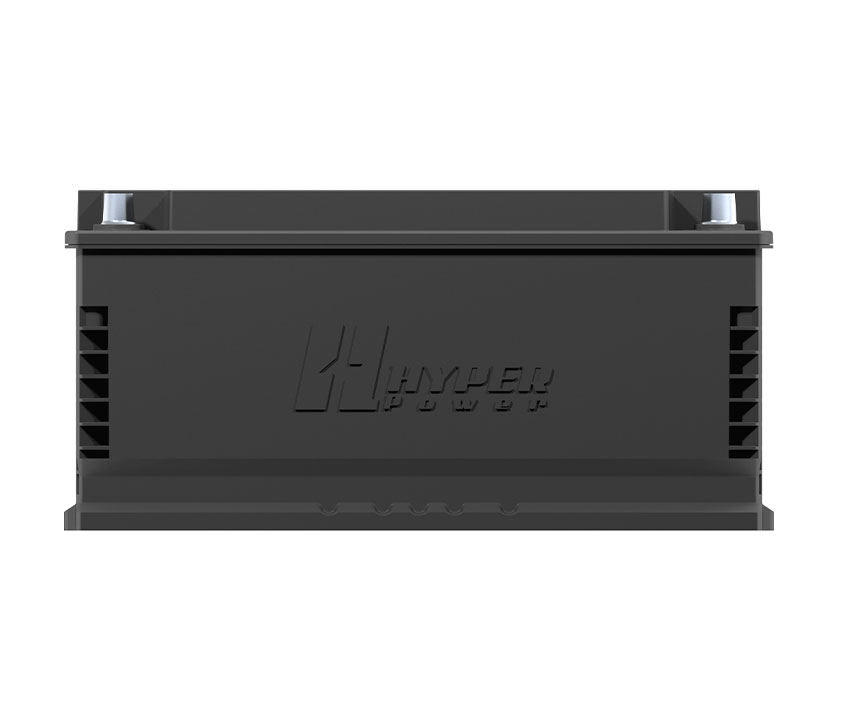
Why the 12V Lithium Ion Car Battery is the Smarter Automotive Power Solution — Insights from JEJE Energy
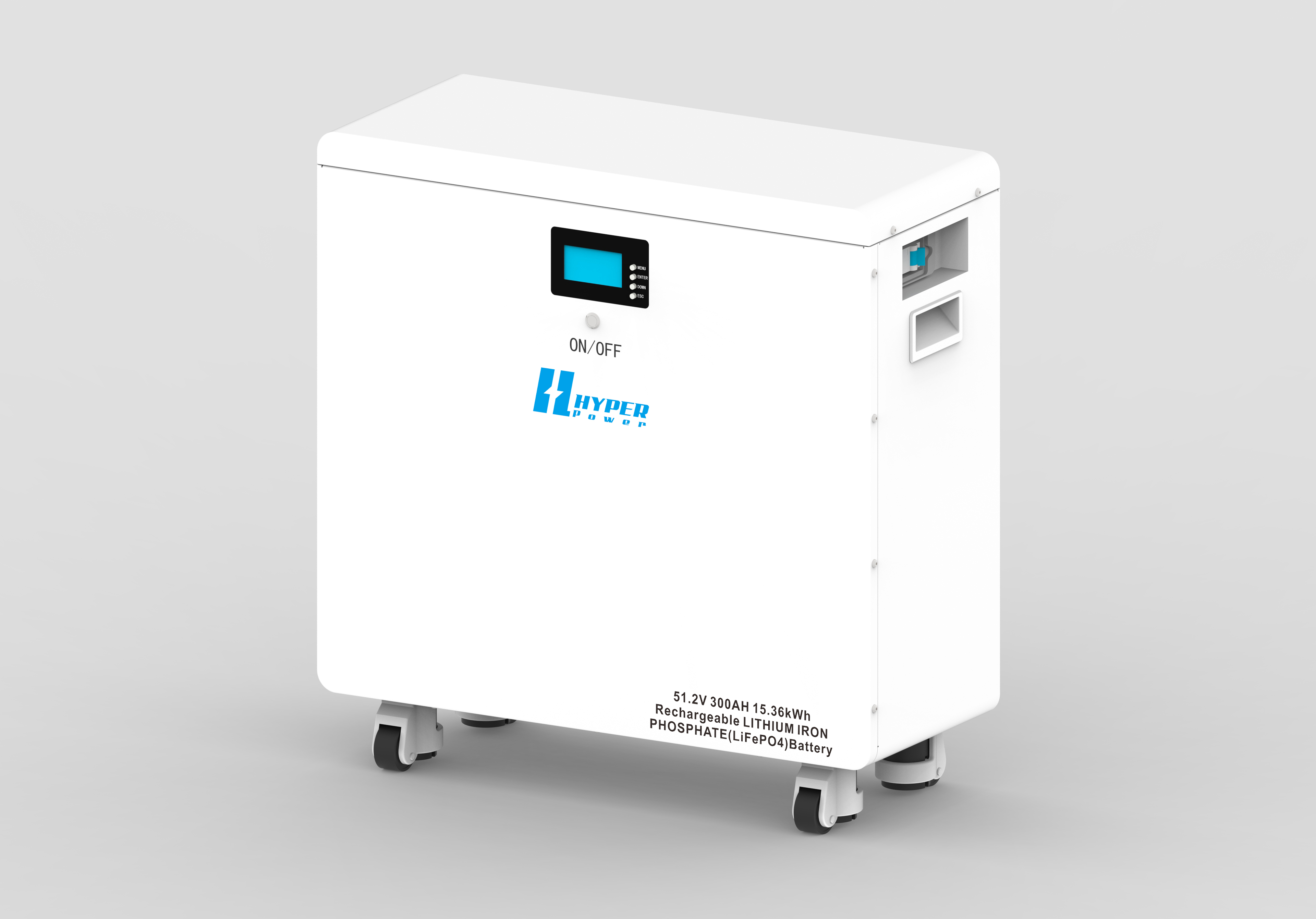



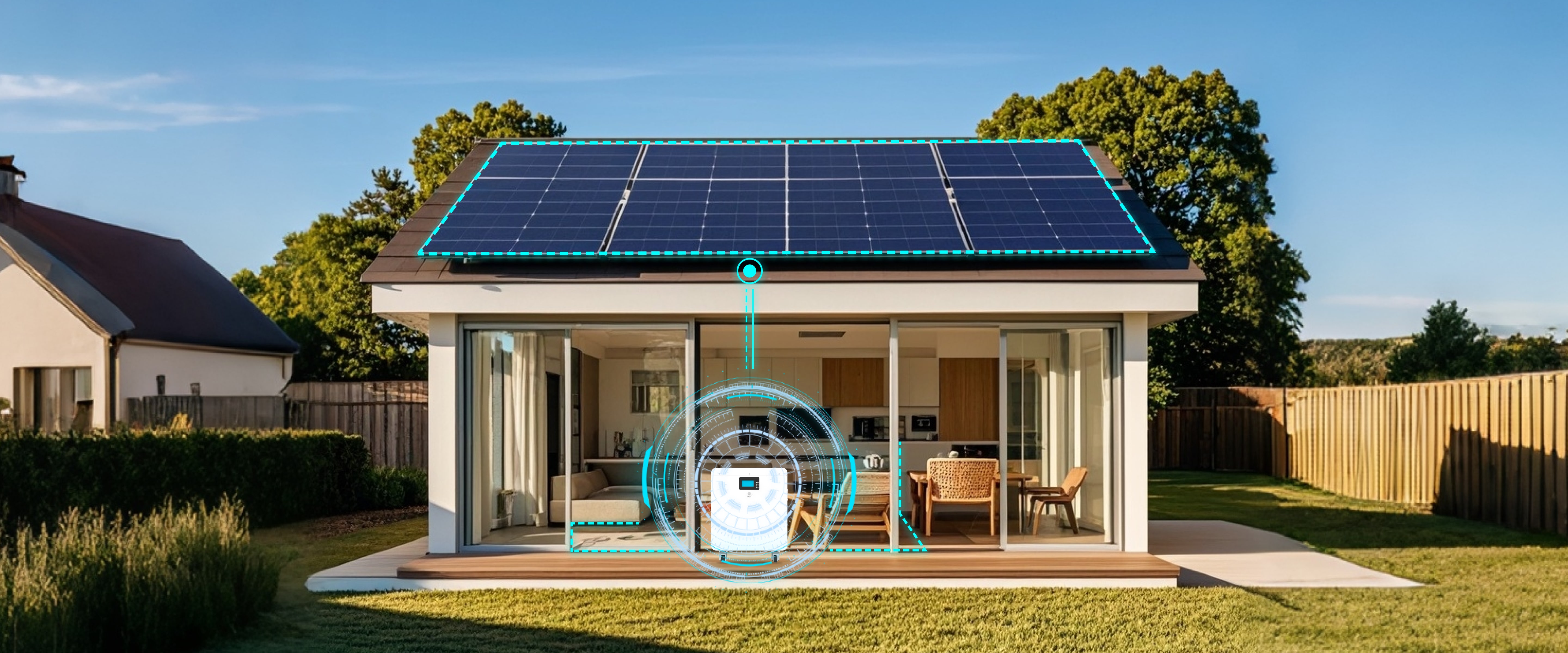



-Charging.png)
.jpg)











